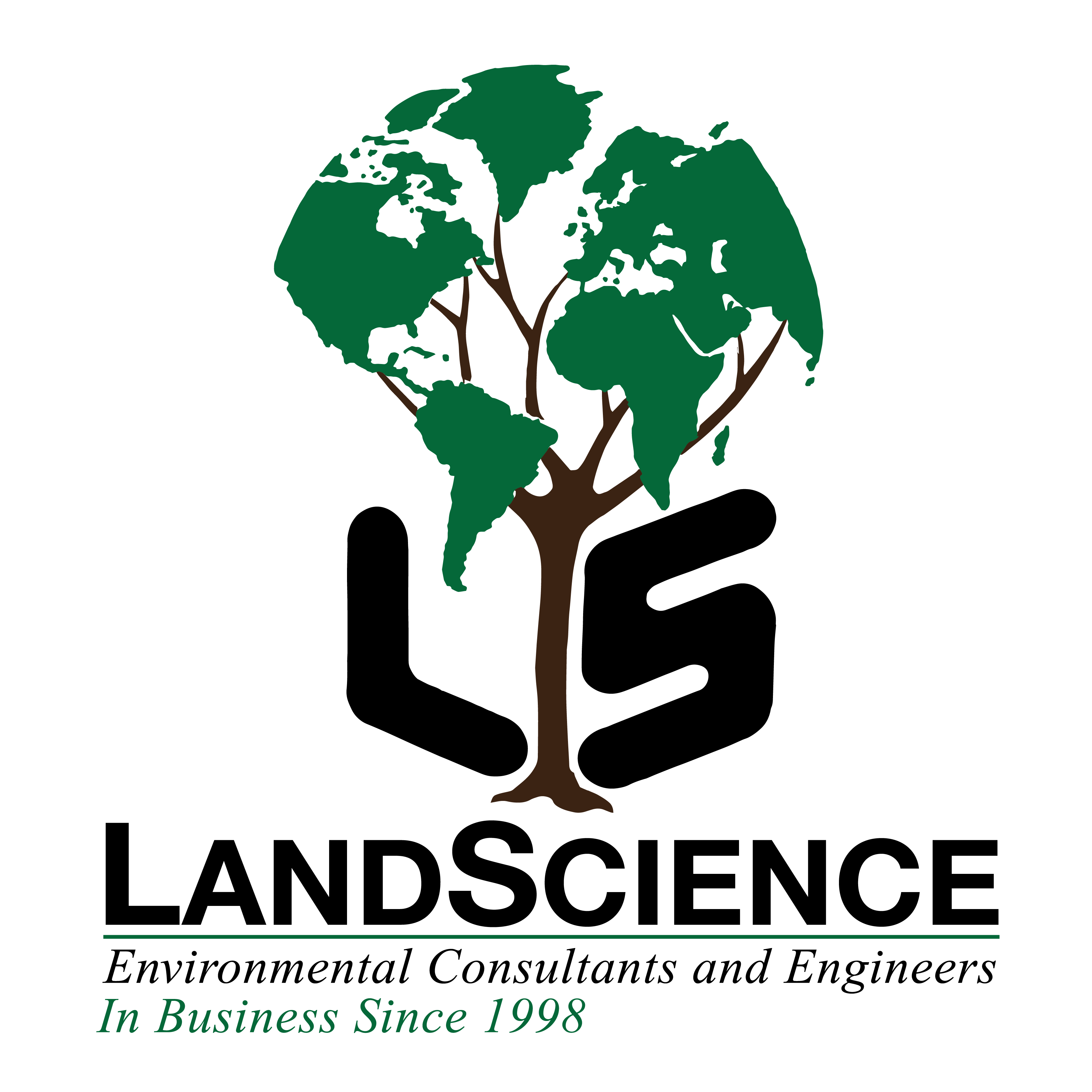Tank closure assessment activities are performed under the standards and criteria established in Chapter 62 of the Florida Administrative Code (FAC 62) Part 761.800(3), and the Florida Department of Environmental Protection’s Storage Tank System Closure Assessment Requirements document, dated April 1998.

Tank Closure Assessments

What is a Tank Closure Assessment?
A Tank Closure Assessment is an evaluation conducted to determine if an underground storage tank (UST) or an aboveground storage tank (AST) has been properly closed and if any contamination has occurred as a result of the tank’s use. The purpose of the assessment is to determine if the site is suitable for its intended use and to ensure compliance with environmental regulations.
A Tank Closure Assessment typically involves a site inspection, soil sampling, and groundwater monitoring to evaluate the extent of any contamination that may have occurred during the tank’s use. The assessment may also include a review of documentation related to the tank’s installation, use, and closure, as well as interviews with site personnel.
The goal of a Tank Closure Assessment is to determine if the tank closure was conducted in accordance with applicable regulations and industry standards and to assess the potential risks associated with any contamination that may have occurred as a result of the tank’s use. The assessment may also include recommendations for remediation or cleanup if necessary.
The scope and level of detail of a Tank Closure Assessment can vary depending on the type and size of the tank, the duration of its use, and the specific requirements of regulatory agencies. However, a typical assessment will include a detailed evaluation of the tank closure process, an assessment of any contamination that may have occurred, and recommendations for addressing any identified risks.
Contact LandScience
Let’s discuss your project.
LandScience helps businesses with their environmental consulting and engineering. From basic questions to complex compliance inquiries, we’re here to help!
